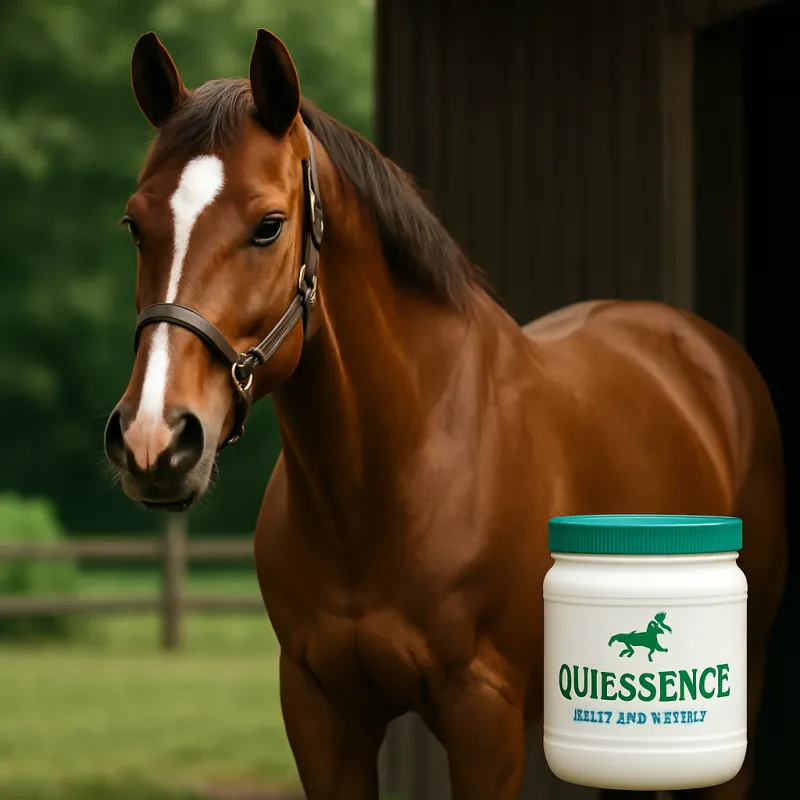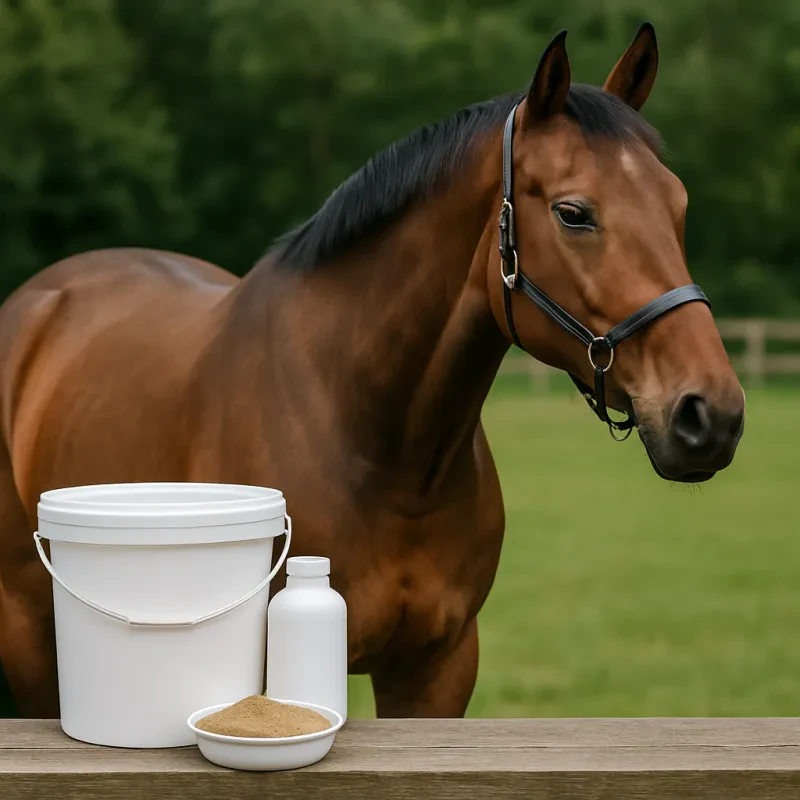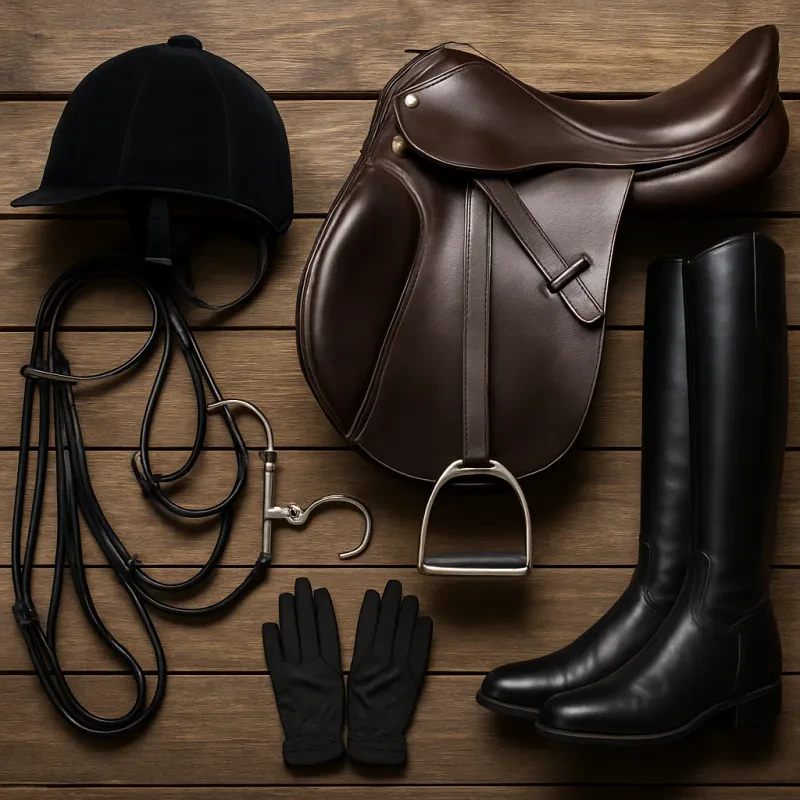The first and most obvious cost to consider is the purchase price of the horse itself. The price of a horse can vary greatly depending on factors such as breed, age, training, and overall quality. Some horses can be purchased for a few hundred dollars, while others can cost tens of thousands or even more. It's important to set a budget and stick to it when looking for a horse to ensure you don't overspend.
In addition to the purchase price, there are other initial costs to consider as well. You will need to invest in essential equipment such as a halter, lead rope, grooming supplies, and tack. A proper saddle, bridle, and other riding gear can add up quickly, so it's important to budget for these items as well. You will also need to budget for initial veterinary expenses such as a health check, vaccinations, dental care, and possibly a Coggins test.
Another important cost to consider is boarding or stabling fees. If you don't have your own property to keep your horse, you will need to pay for boarding at a stable or farm. Boarding costs can vary depending on the location and facilities, but it's important to factor this expense into your budget as well. Overall, understanding the initial costs of horse ownership is crucial in order to make informed decisions and ensure that you are financially prepared for the responsibilities that come with owning a horse.
Monthly Expenses
When you first bring a horse into your life, it's important to understand the ongoing expenses that come with owning such a majestic creature. From feed to veterinary care, the costs can add up quickly. Here is a breakdown of some of the most common monthly expenses associated with horse ownership:
These are just a few of the monthly expenses that come with owning a horse. It's important to carefully consider your budget and financial capabilities before taking on the responsibility of horse ownership.
Unexpected Fees
When it comes to owning a horse, there are many expenses that you may not have considered. While you may have budgeted for the cost of feed, boarding, and veterinary care, there are a number of unexpected fees that can quickly add up. These unexpected fees can catch even the most prepared horse owner off guard.
One common unexpected fee is the cost of emergency veterinary care. Horses, like any other pet, can become ill or injured at any time. If your horse requires emergency medical attention, the cost can be significant. From diagnostic tests to medications, the bills can quickly skyrocket. It's important to set aside a fund specifically for emergencies to ensure that you can provide the best care for your equine companion.
Another unexpected fee to consider is the cost of farrier services. Regular hoof care is essential for the health and well-being of your horse. Farriers specialize in trimming and shoeing horses' hooves, and their services can be quite pricey. Depending on your horse's specific needs, you may need to have a farrier visit every 4-8 weeks, which can quickly add up over the course of a year.
Long-Term Investments
When purchasing tack for your horse, it's important to invest in quality items that will stand the test of time. While cheaper options may be tempting, they can often lead to more frequent replacements and ultimately cost you more in the long run. Investing in well-made saddles, bridles, and other essential tack will ensure your horse's comfort and safety.
In addition to tack, investing in proper equipment for your horse is crucial. Items such as blankets, hoof picks, and grooming supplies are essential for maintaining your horse's health and well-being. By investing in these items, you can prevent costly veterinary bills down the road and ensure your horse stays happy and healthy.


